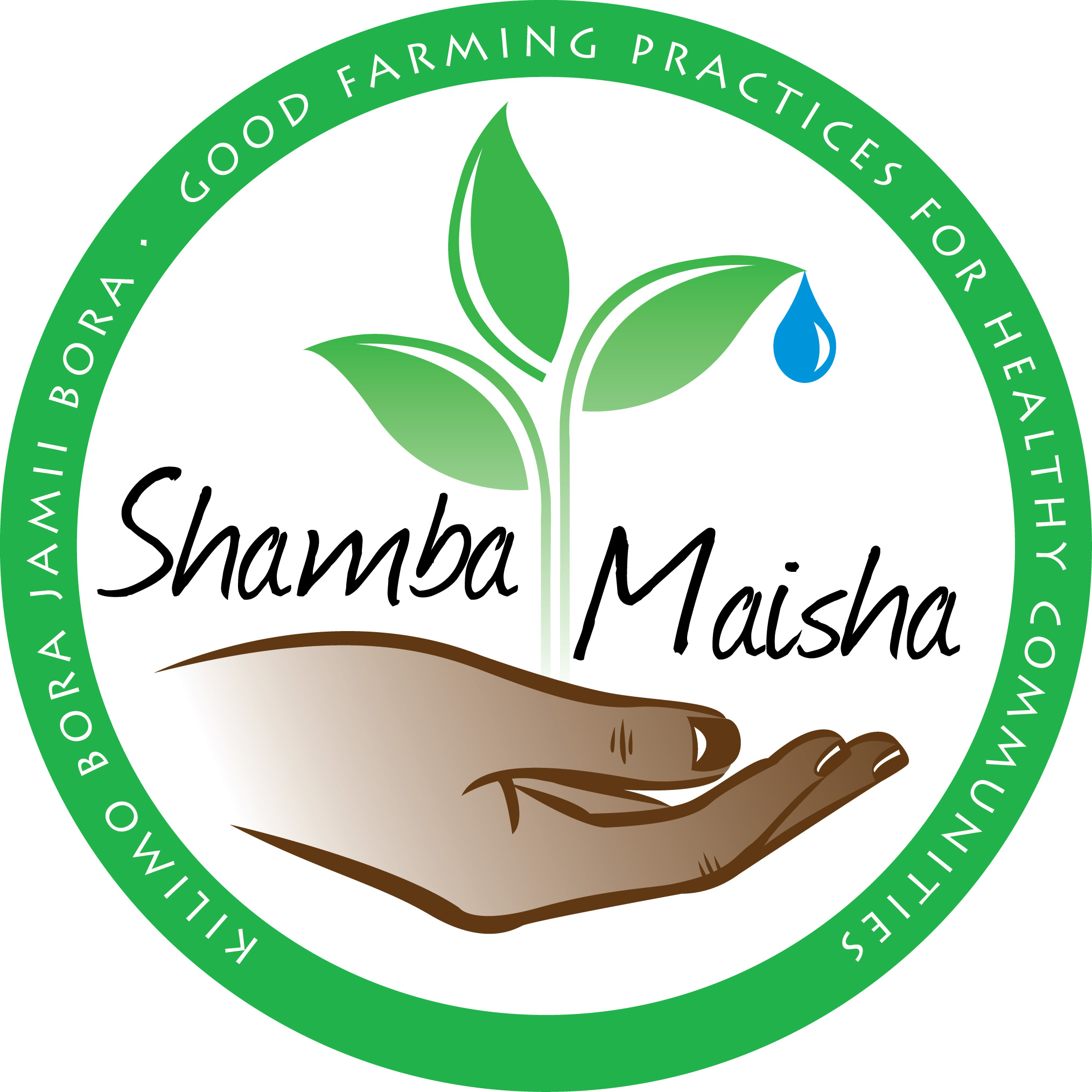Background
The scarcity of food is a leading cause of sickness and death in mothers and their newborns in sub-Saharan Africa. Food insecurity and poverty can disempower women and limit their capacity to engage in healthy behaviors. HIV, with the added burdens of stigma and poor health, exacerbates the effects of food insecurity on health.
Formative studies
A prior pediatric study was conducted among 372 children (with their primary caregiver) who resided in the households of adults enrolled in the Adult HIV study. Among children in study households aged 6 to 24 months at enrollment, children in the intervention arm grew an extra 1.2 cm in height (p=0.007) compared to controls.
In the HIV Adult study, pregnant and non-pregnant women similarly benefited in terms of improvement in food security, and empowerment. During in-depth interviews with pregnant intervention participants, women reported improvements in maternal nutrition compared with previous pregnancies which they attributed to the livelihood intervention. They reported improved access to vegetables, increased variety of diet through vegetable sales, and improved nutritional awareness. Intervention participants also reported increased strength and energy throughout pregnancy compared to prior pregnancies.

